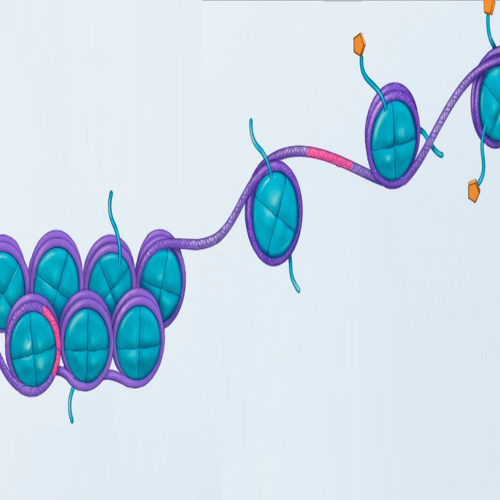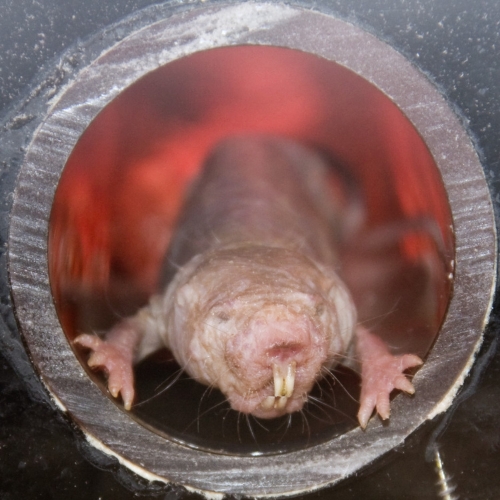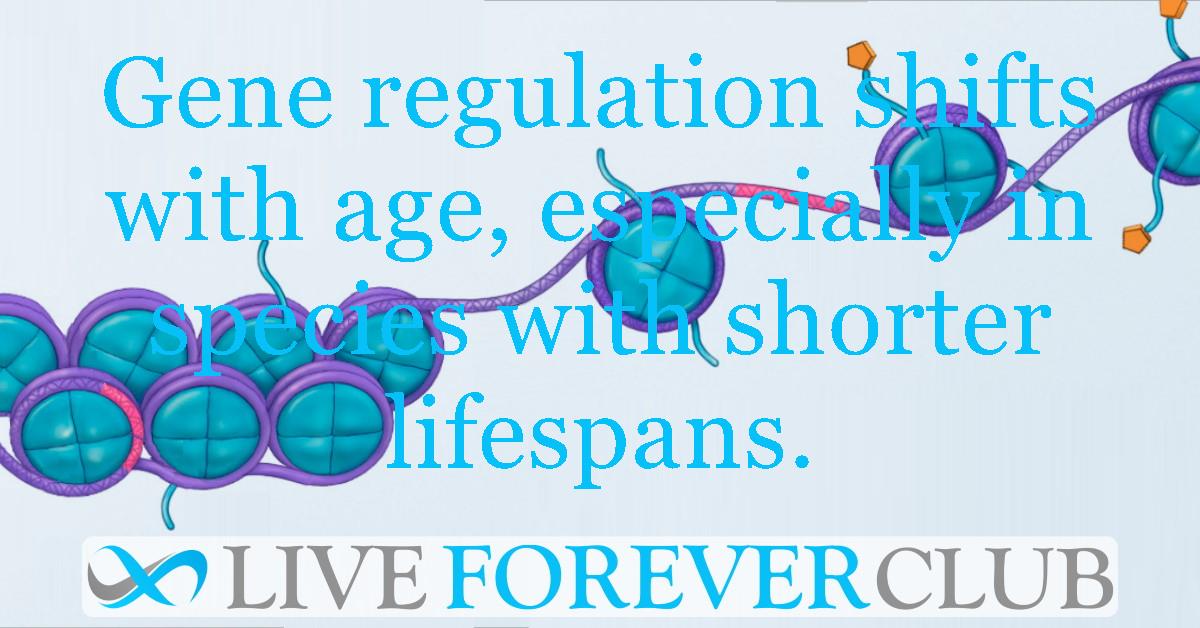Epigenetics, a fascinating area of biology, involves changes in organisms caused by the modification of gene expression rather than alteration of the genetic code itself. One significant aspect of this field is "epigenetic drift", a phenomenon observed as changes in the epigenome over time, often linked with ageing.
The study in question delves into this intriguing area, examining how epigenetic drift correlates with lifespan across different mammal species. This research is pivotal in understanding ageing and longevity, as epigenetic drift has been suggested to influence the biological ageing process.
The researchers employed a rigorous methodology to assess epigenetic changes across four mammal species. They meticulously examined these changes at various genomic resolutions, seeking to determine how these alterations relate to each species' maximum lifespan.
Central to the study of epigenetic drift is the concept of 'epigenetic clocks'. These are predictive tools that estimate the biological age of an organism based on specific epigenetic markers, primarily DNA methylation patterns. DNA methylation, involving the addition of a methyl group to the DNA, particularly at CpG sites, is a key epigenetic modification that can influence gene expression. Epigenetic clocks have been developed for various species and have been instrumental in highlighting the conserved nature of epigenetic ageing across the tree of life.
The research methodology involved a comprehensive analysis of epigenetic changes in four different mammal species. These species were carefully selected to represent a range of lifespans and biological diversities. The researchers meticulously examined the epigenetic changes at various levels of genomic resolution, thereby ensuring a thorough and detailed understanding of the epigenetic alterations that occur with age.
Analysis of Epigenetic Changes
The study's primary focus was to quantify the rate of epigenetic drift in relation to the age of the species. This involved measuring changes in the DNA methylation patterns over time. By comparing these patterns across species, the researchers were able to assess whether there was a correlation between the rate of epigenetic change and the maximum lifespan of the species.
One of the study's key findings was the observation that epigenetic disorder – a measure of epigenetic drift – increases with age in all species examined. This was consistent across all levels of genomic resolution, indicating a universal trend in mammalian ageing. Moreover, the rate of accumulation of this disorder was found to be faster in species with shorter maximum lifespans.
Role of CpG Density
An interesting aspect of the study involved examining the role of CpG density in the rate of epigenetic drift. CpGs are regions in the DNA where a cytosine nucleotide is followed by a guanine nucleotide. These regions are particularly important in the study of epigenetics as they are the primary sites for DNA methylation. The researchers found a negative association between the density of CpGs and the rate of age-associated disorder accumulation. This implies that higher CpG density might act as a buffer against rapid epigenetic changes associated with ageing.
However, the relationship between CpG density and lifespan was not sufficient to fully explain the interspecies variations in lifespan. This suggests that while CpG density plays a role in moderating epigenetic drift, other factors are also influential in determining the lifespan of different species.
The statistical analysis provided robust evidence for the correlation between epigenetic drift and lifespan. The study's methodology ensured that the findings were not only statistically significant but also biologically relevant.
The researchers quantified the rate of epigenetic change and compared it across species, adjusting for differences in their maximum lifespan. This comparative approach was crucial in revealing the broader patterns of epigenetic ageing across mammals.
This study opens new avenues in the understanding of ageing. The correlation between epigenetic drift and lifespan has significant implications for the study of ageing and longevity. It suggests that targeting epigenetic changes could be a potential strategy in influencing lifespan and combating age-related diseases.
Additionally, the findings highlight the importance of considering epigenetic factors when studying ageing processes, not just in humans but across a broad range of mammalian species. This broader perspective is essential for a holistic understanding of ageing.
The journey of this research is a testament to the ever-evolving nature of biological sciences. From the intricate mechanisms at the molecular level to the broader implications for health and longevity, the study bridges gaps and offers insights into one of life's most enduring mysteries: ageing.
The research was carried out at University of Georgia and published in the prestigious journal Nature Communications.






